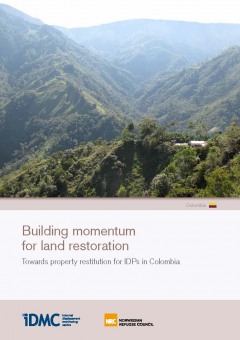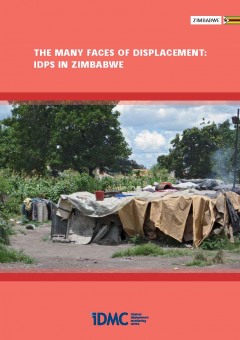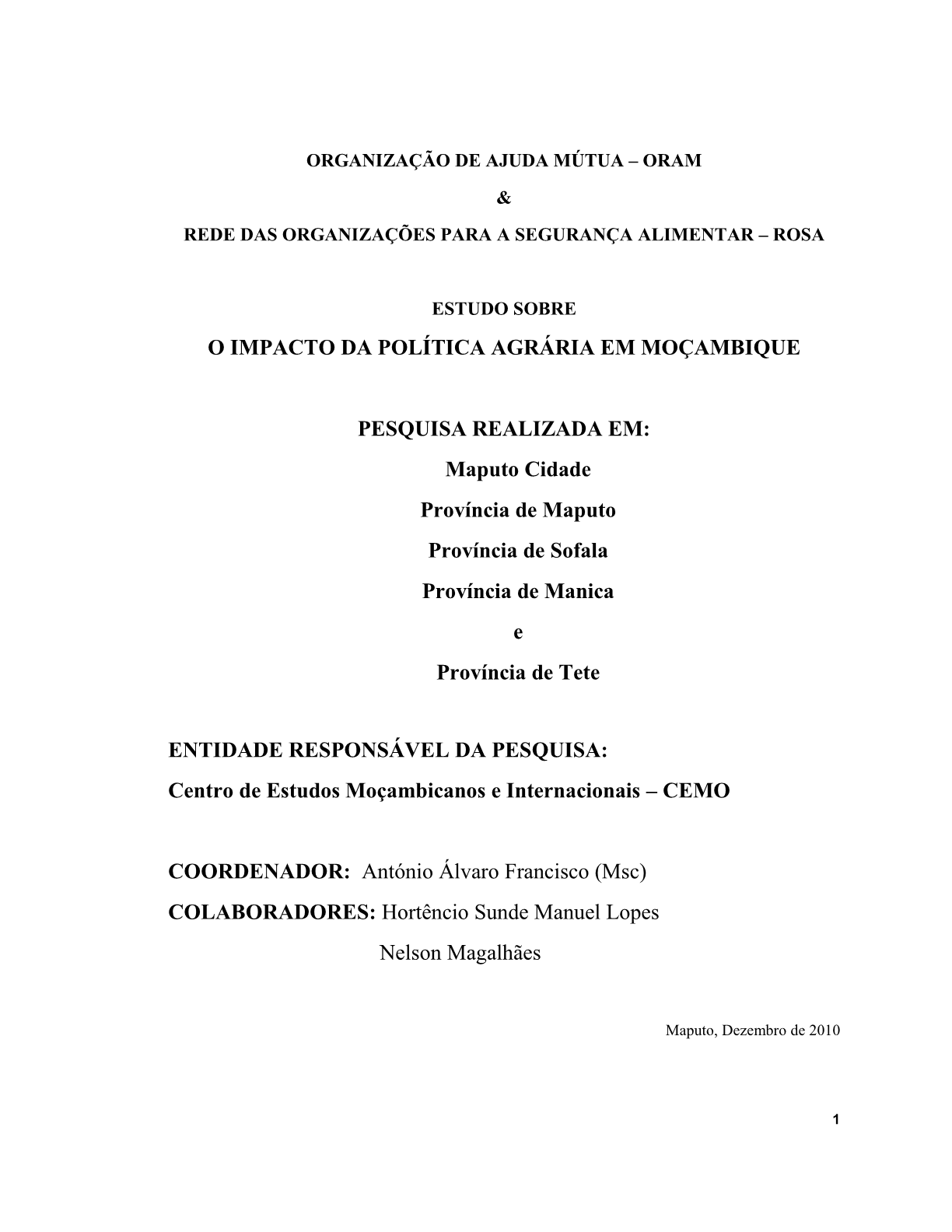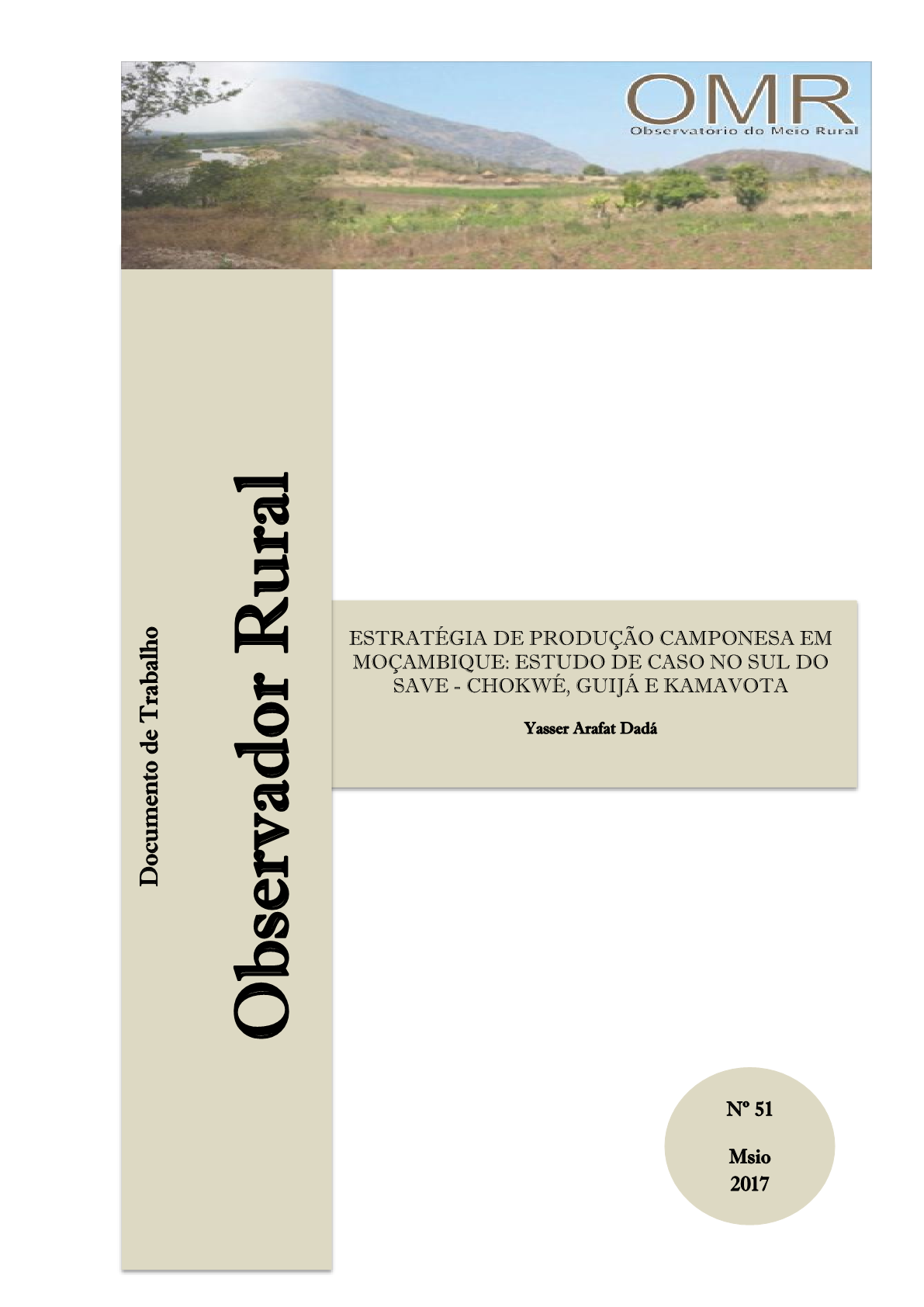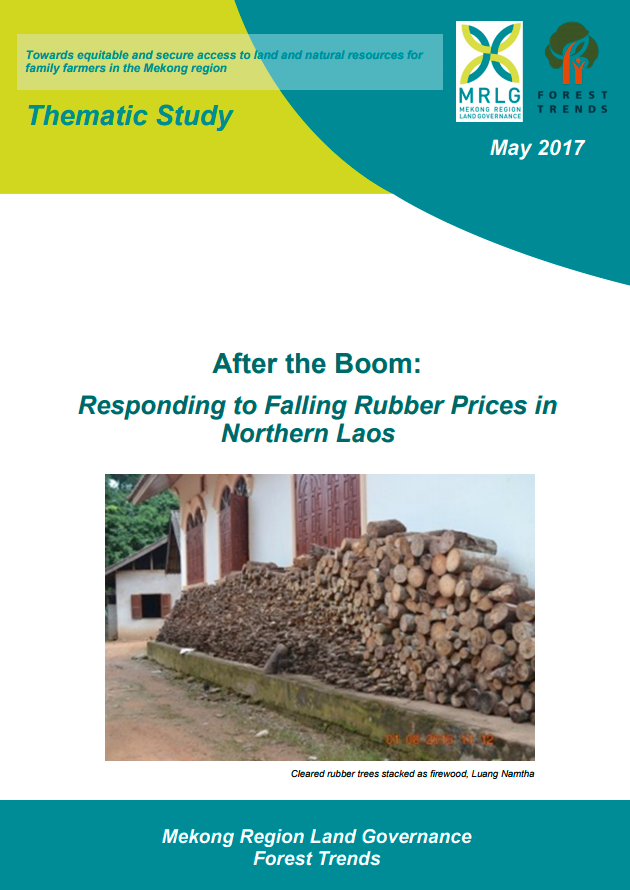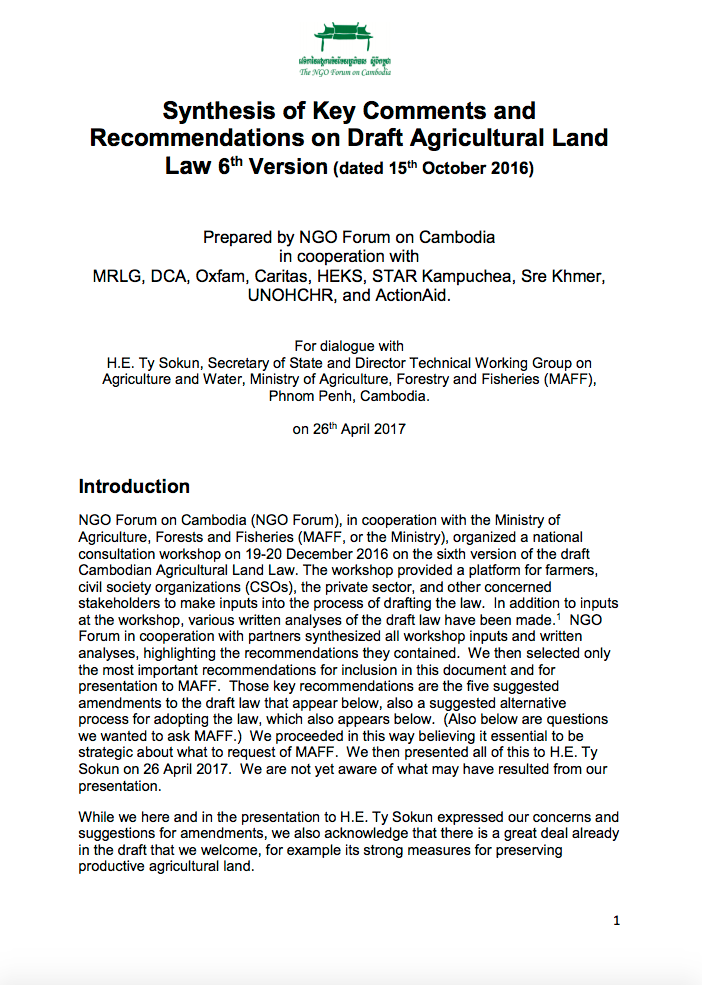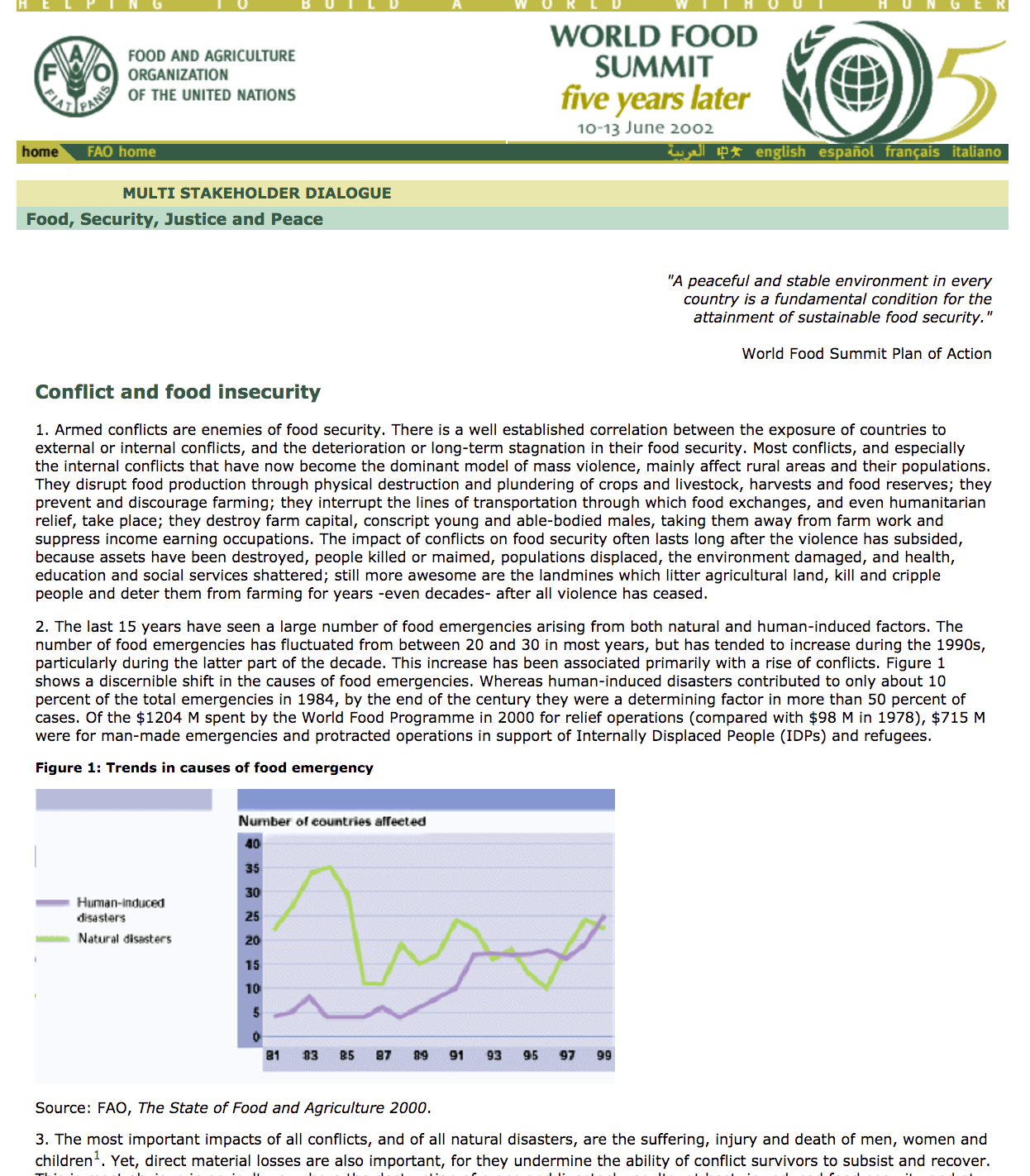Building momentum for land restoration: Towards property restitution for IDPs in Colombia
According to the government agency Acción Social, around six per cent of national territory has been abandoned, while between 3.3 and 4.9 million people have been displaced by conflict and violence in Colombia. Roughly half of the internally displaced families owned or occupied land before their displacement. Almost all of them have lost it as a result.

